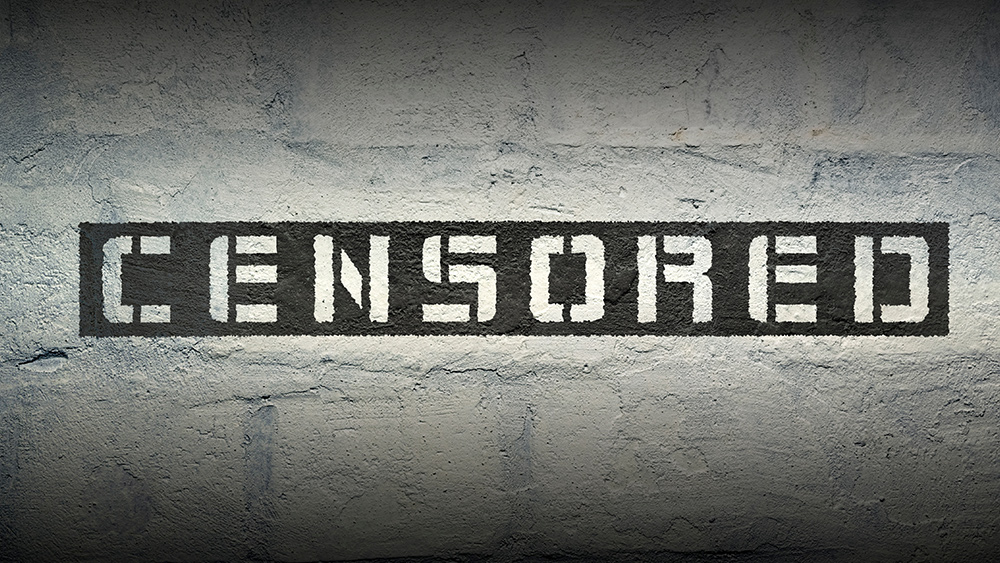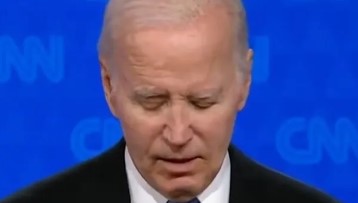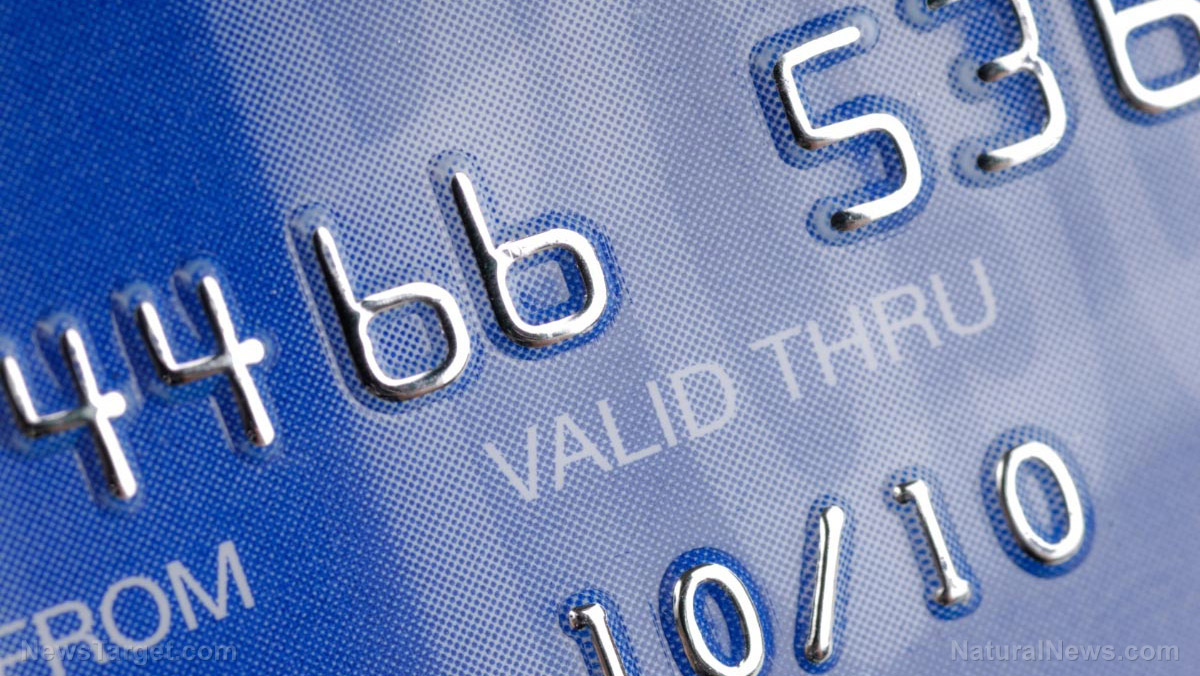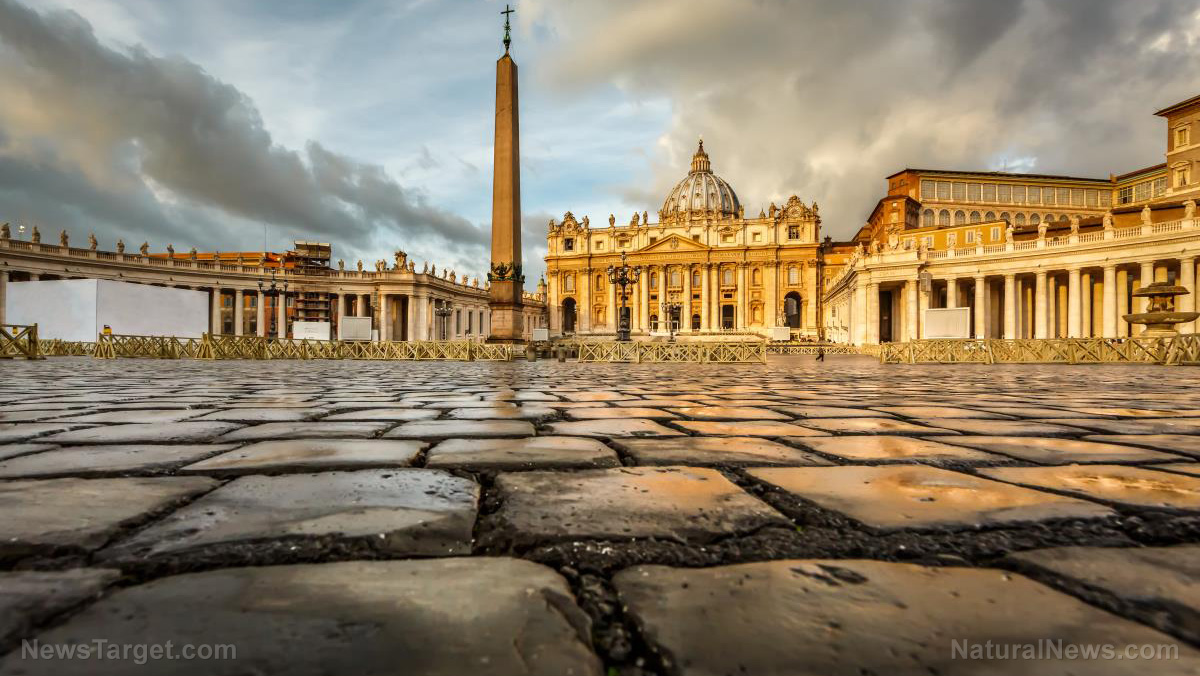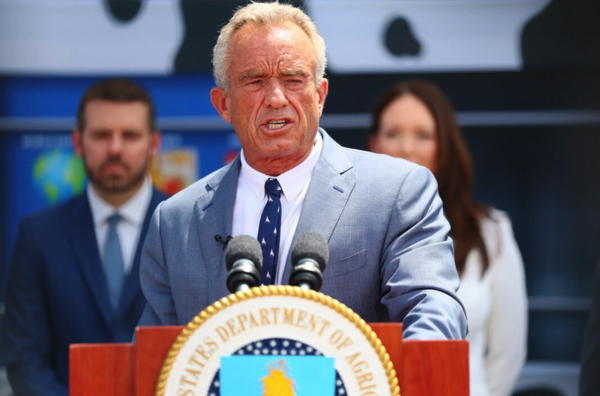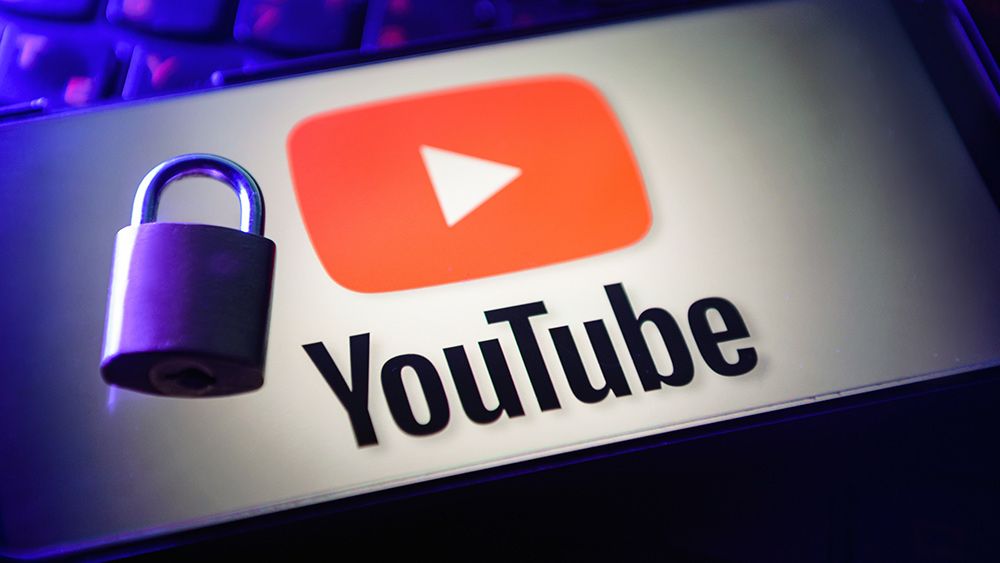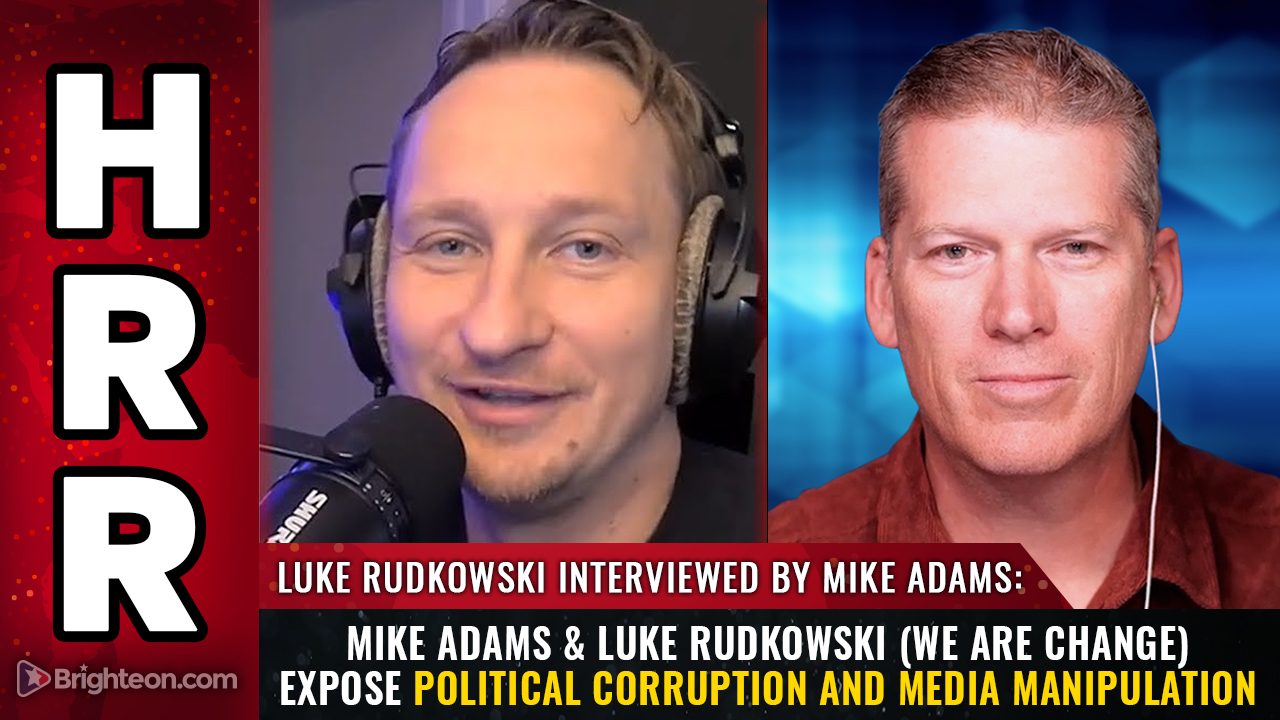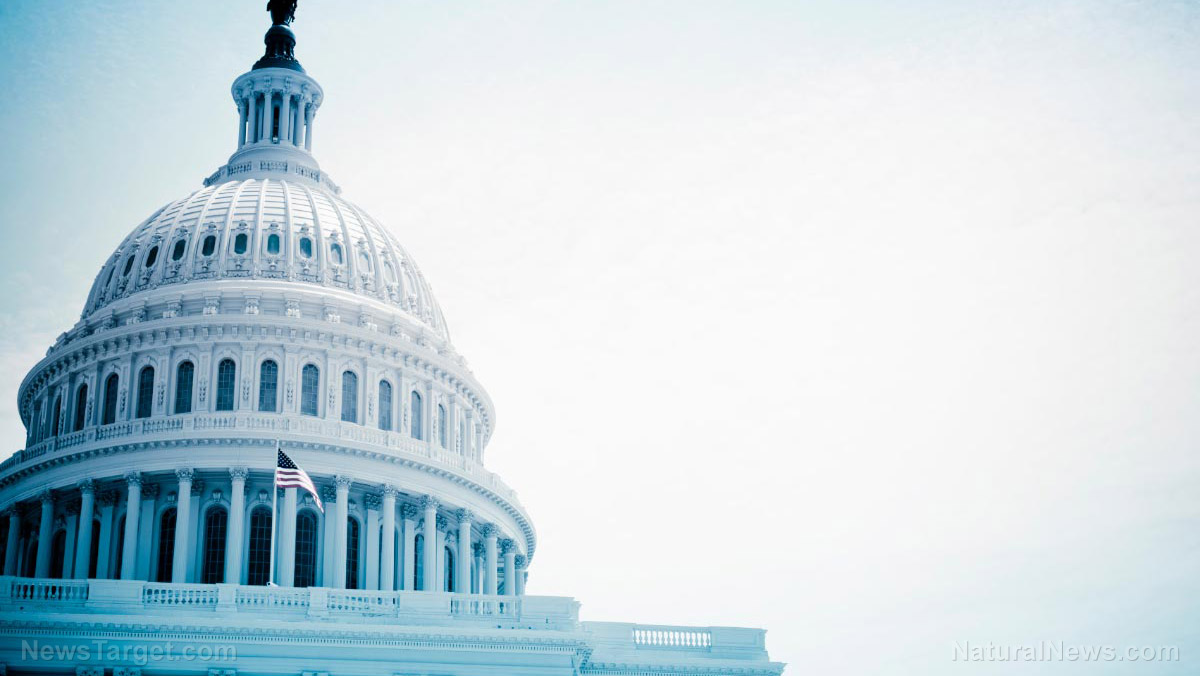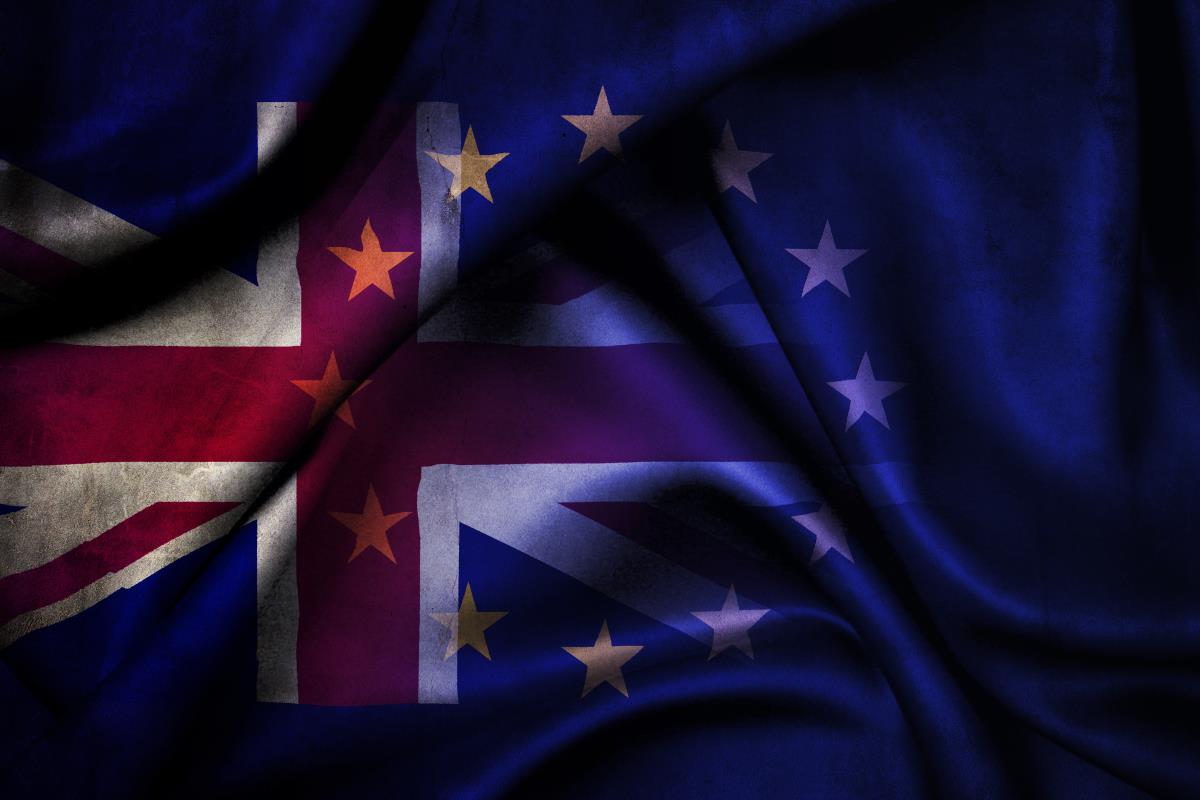U.S. State Department launches diplomatic offensive against EU’s draconian CENSORSHIP law
08/12/2025 / By Ramon Tomey

- The Trump administration is mobilizing U.S. diplomats in Europe to lobby against the EU’s Digital Services Act (DSA), arguing that it threatens free speech and unfairly targets American tech companies like Meta and Google.
- A classified State Department cable signed by Secretary of State Marco Rubio directs diplomats to push EU allies to amend or repeal DSA provisions, claiming they institutionalize censorship under the guise of combating hate speech and misinformation.
- The U.S. views the DSA as state-coerced speech control, contrasting with the EU’s regulatory approach. Officials like VP J.D. Vance warn that EU policies could suppress conservative voices globally.
- Major U.S. firms fear the DSA will force them to adopt stricter EU content standards worldwide, while ongoing investigations such as those into Meta and X highlight tensions over enforcement.
- The dispute reflects deeper cultural and ideological divides over digital sovereignty. A U.S. loss could embolden global speech regulation, while a win could reshape internet governance free-speech traditions.
The Department of State (DOS) under the second Trump administration is mobilizing U.S. diplomats across Europe to aggressively oppose the European Union’s Digital Services Act (DSA), warning that the landmark legislation threatens free speech and unfairly targets American tech giants like Meta and Google.
A classified DOS cable signed by Secretary of State Marco Rubio on Aug. 4 and obtained by Reuters has exposed this coordinated lobbying campaign. The order called on diplomats to urge EU allies to amend or repeal provisions which, according to Washington, institutionalize censorship under the guise of combating “hate speech” and “misinformation.”
The DSA, enacted last year, imposes strict obligations on major platforms to remove illegal content, including terrorist propaganda and child exploitation material, while holding them accountable for systemic risks like disinformation. But Washington argues the law’s vague definitions of “illegal content” and reliance on government-backed “trusted flaggers” to escalate takedowns effectively empower EU bureaucrats to suppress political and religious discourse. (Related: U.S. State Department slams EU’s Digital Services Act as “Orwellian censorship.”)
The diplomatic push marks the latest escalation in a transatlantic clash over online governance, with U.S. officials like Vice President J.D. Vance accusing Europe of exporting speech restrictions that could silence conservative voices globally. Historically, the U.S. has framed internet freedom as a bedrock of democratic values, contrasting sharply with the EU’s more regulatory approach.
The DSA, alongside the Digital Markets Act (DMA), represents Brussels’ boldest bid to reshape the digital ecosystem. But U.S. tech firms claim these laws could force them to adopt European content standards worldwide.
The Washington-Brussels war over online censorship
President Donald Trump has long positioned himself as a defender against “Big Tech censorship,” but the cable exposes a deeper philosophical rift. Where Europe sees corporate accountability, Washington detects state-coerced speech control.
The cable instructs diplomats to prioritize cases where American citizens or companies face sanctions under the DSA – documenting arrests, platform bans or asset seizures linked to contentious removals. It also proposes narrowing the DSA’s scope by scrapping fines for noncompliance, curbing “trusted flaggers” and dismantling the EU’s voluntary Disinformation Code – a measure Rubio’s team argues pressures platforms to suppress dissent.
Notably, the directive follows Vance’s incendiary remarks at the Munich Security Conference. During the February summit, he accused Germany of “backsliding on democracy” after its intelligence agency labeled the far-right Alternative for Germany party as extremist.
European officials have rebuffed U.S. claims, insisting the DSA safeguards fundamental rights without stifling debate. “The censorship allegations are unfounded,” a European Commission spokesperson told Reuters. They noted that national courts, not regulators, determine what qualifies as illegal speech.
Yet skepticism persists, particularly after Elon Musk’s X (formerly Twitter) clashed with EU enforcers over takedown requests. Meanwhile, Mark Zuckerberg’s Meta faces investigations under the DSA for alleged failures to curb election disinformation.
For Washington, the fight transcends trade; it’s a cultural battleground over who sets the rules for the internet’s future. The diplomatic offensive mirrors Cold War-era tensions, where ideological divides sparked proxy conflicts over media freedom. But with the DSA already in force, the administration faces an uphill battle to sway European capitals – leaving U.S. tech giants caught between conflicting legal regimes.
The stakes couldn’t be higher. A loss for Washington could embolden global efforts to police online speech, while a win might redefine the limits of digital sovereignty. For now, all eyes are on Europe’s response and whether America’s free-speech tradition can withstand the Brussels effect.
Watch Clayton Morris and David Thunder discussing the DSA in this clip from “Redacted News.”
This video is from the NZ Will Remember channel on Brighteon.com.
More related stories:
Vance slams Europe’s “Orwellian” speech laws, warns of strained U.S.-EU relations.
Trump administration takes on global censorship: A new frontier for free speech advocacy.
Sources include:
Submit a correction >>
Tagged Under:
banned, Big Tech, Censorship, department of state, Digital Services Act, Donald Trump, European Union, First Amendment, freedom, JD Vance, Liberty, Marco Rubio, obey, Orwellian, Social media, Suppressed, tech giants, totalitarianism, Tyranny
This article may contain statements that reflect the opinion of the author
RECENT NEWS & ARTICLES
COPYRIGHT © 2017 PENSIONS NEWS



